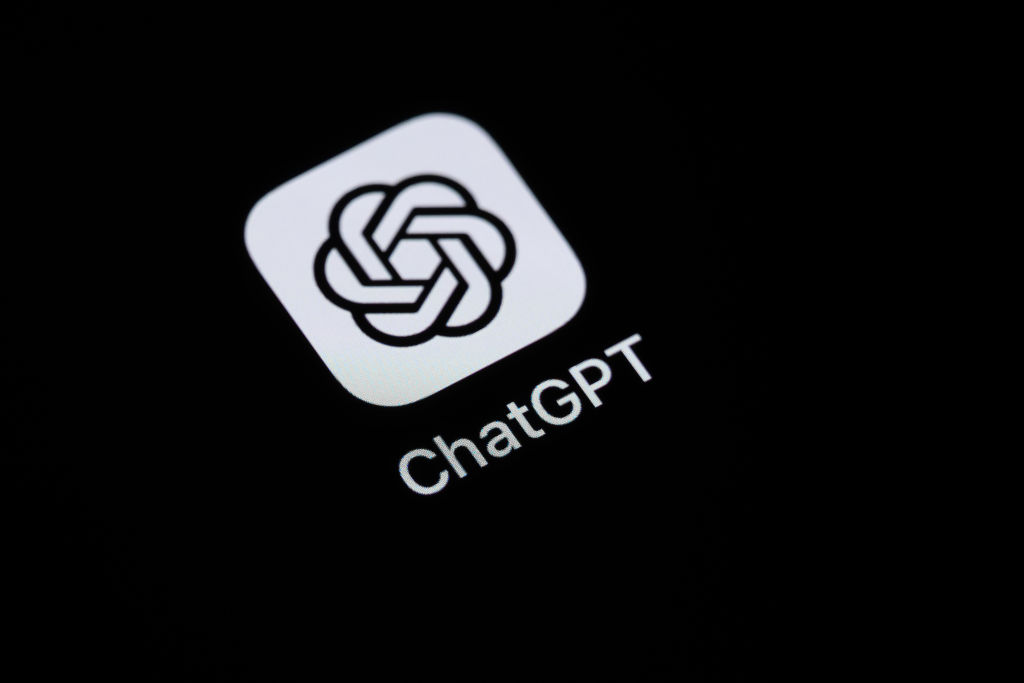
ChatGPT Search European Growth Surges to 41.3 Million Monthly Users
ChatGPT Search European Growth Surges to 41.3 Million Monthly Users
Reading Time: 4 minutes
ChatGPT Search has experienced remarkable European growth, approaching the key EU regulatory threshold | Image Credit: Getty Images
OpenAI’s ChatGPT Search feature has demonstrated extraordinary ChatGPT Search European growth, according to new data published by the company. The web search functionality within the popular AI chatbot has reached approximately 41.3 million average monthly active users in the European Union for the six-month period ending March 31, 2025.
Table of Contents
Rapid Expansion: Nearly Quadrupling User Base in Six Months
The remarkable ChatGPT Search European growth represents nearly a fourfold increase from the previous reporting period. According to a report filed by OpenAI Ireland Limited, one of OpenAI’s EU corporate divisions, the current user base of 41.3 million monthly active “recipients” significantly outpaces the approximately 11.2 million monthly active users reported for the six-month period ending October 31, 2024.
This dramatic surge in ChatGPT Search European growth highlights the rapidly increasing adoption of AI-powered search alternatives among European internet users. The figures were disclosed as part of OpenAI’s compliance with the European Union’s Digital Services Act (DSA), which mandates regular reporting for online platforms operating within EU territories.
EU Regulatory Implications: Approaching the DSA Threshold
The impressive ChatGPT Search European growth figures bring the service increasingly close to a critical regulatory threshold. Under the EU’s Digital Services Act, platforms with more than 45 million average monthly active recipients are classified as “very large online platforms” (VLOPs) or “very large online search engines” (VLOSEs).
This classification carries significant additional regulatory requirements, which could soon apply to ChatGPT Search if its current growth trajectory continues. The DSA defines monthly active recipients as individuals who engage with the service at least once within a given period, either by being exposed to information on the platform interface or by providing information to the service.
Additional Requirements for Very Large Platforms
If ChatGPT Search crosses the 45 million threshold through continued ChatGPT Search European growth, OpenAI would be required to:
- Allow users to opt out of recommendation systems based on profiling
- Share certain data with researchers and authorities for transparency
- Undergo external and independent auditing
- Implement enhanced risk assessment and mitigation measures
Non-compliance with DSA regulations carries significant penalties, including fines of up to 6% of a company’s global annual turnover. Persistent refusal to comply could potentially result in temporary suspension of the service within EU territories, making regulatory alignment critical for OpenAI’s European operations.
| Reporting Period | Monthly Active Recipients | Percentage Growth |
|---|---|---|
| Six months ending October 31, 2024 | 11.2 million | Baseline |
| Six months ending March 31, 2025 | 41.3 million | ~269% increase |
| DSA VLOP/VLOSE Threshold | 45 million | Only 3.7 million more needed |
Market Position: ChatGPT Search vs. Google
While the ChatGPT Search European growth figures are impressive, the service still trails substantially behind traditional search giant Google. Since its launch last year, ChatGPT Search has steadily gained market share, with a September poll indicating that approximately 8% of users would choose ChatGPT over Google as their primary search engine.
However, Google maintains its dominant position in the search market by a considerable margin. According to industry estimates, Google currently processes approximately 373 times more searches than ChatGPT’s search functionality. This statistic highlights both the challenge ahead for OpenAI and the significant potential for continued ChatGPT Search European growth in capturing additional market share.
Despite trailing Google in absolute numbers, the rapid ChatGPT Search European growth demonstrates that AI-powered search represents a meaningful shift in how users interact with online information. The integration of conversational AI with web search capabilities offers a distinct user experience that continues to gain traction.
Accuracy Concerns: Research Highlights Reliability Issues
As ChatGPT Search European growth continues to accelerate, researchers have identified potential reliability concerns that could impact long-term user adoption. Multiple studies have found that AI-powered search engines, including ChatGPT Search, may be less reliable than conventional search engines depending on the specific query type.
One concerning study found that ChatGPT incorrectly identified 67% of searched-for articles, raising questions about factual accuracy. Another study focused specifically on news content, identifying accuracy problems even with content from publishers with whom OpenAI has established licensing agreements.
These findings suggest that while ChatGPT Search European growth continues at an impressive pace, OpenAI faces significant technical challenges in ensuring the service’s reliability and accuracy. Addressing these issues will likely be critical for maintaining user trust and supporting continued expansion in the European market.
Future Outlook: What’s Next for ChatGPT in Europe
The substantial ChatGPT Search European growth recorded over the past six months suggests OpenAI’s search functionality is resonating with European users despite accuracy concerns. As the service approaches the DSA’s regulatory threshold for very large online platforms, OpenAI is likely preparing for enhanced compliance requirements and greater regulatory scrutiny.
Growth Strategies for ChatGPT in Europe
To maintain its impressive ChatGPT Search European growth, OpenAI may need to focus on:
- Improving factual accuracy and reliability of search results
- Developing better attribution mechanisms for cited content
- Expanding language support for European markets beyond major languages
- Building additional publisher partnerships within the EU
- Enhancing transparency around how search results are generated
As AI-powered search continues to evolve, the competitive landscape between traditional search engines and newer AI-driven alternatives will likely intensify. The ChatGPT Search European growth trajectory suggests that despite current limitations, European users are increasingly willing to explore alternative search paradigms that offer more conversational and direct answers to their queries.
For European regulators, the rapid expansion of AI search tools presents both opportunities and challenges. While innovations in search technology potentially benefit consumers, ensuring these powerful AI systems operate transparently, accurately, and in compliance with European values remains a priority under frameworks like the DSA and the upcoming AI Act.
The continued ChatGPT Search European growth will be closely watched by industry observers as an indicator of broader AI adoption trends across the continent.
Published: April 22, 2025





